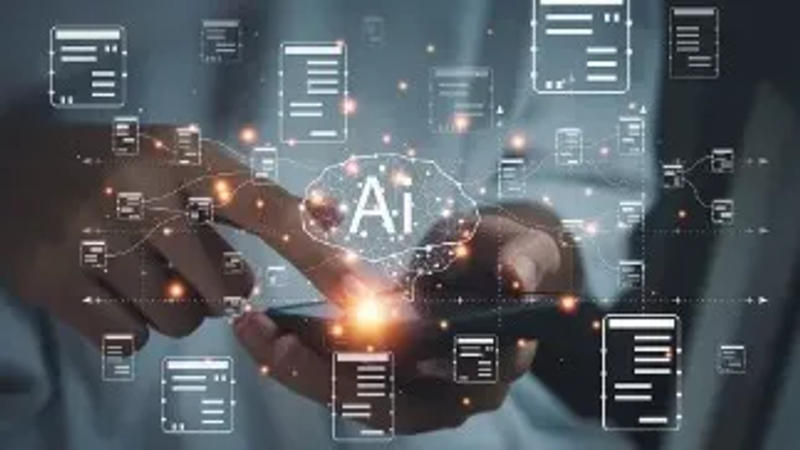Published 14:48 IST, April 14th 2024
From AI Trainer to Chatbot Specialists: 10 New Job Roles Created in the Era of AI & Skills Required
In an age where artificial intelligence (AI) often faces criticism for displacing traditional jobs, there exists a silver lining, the emergence of new job roles

Embracing the AI Era: 10 New Job Roles and Essential Skills for Success | Image:
unsplash
- Listen to this article
- 4 min read
Advertisement
14:48 IST, April 14th 2024
